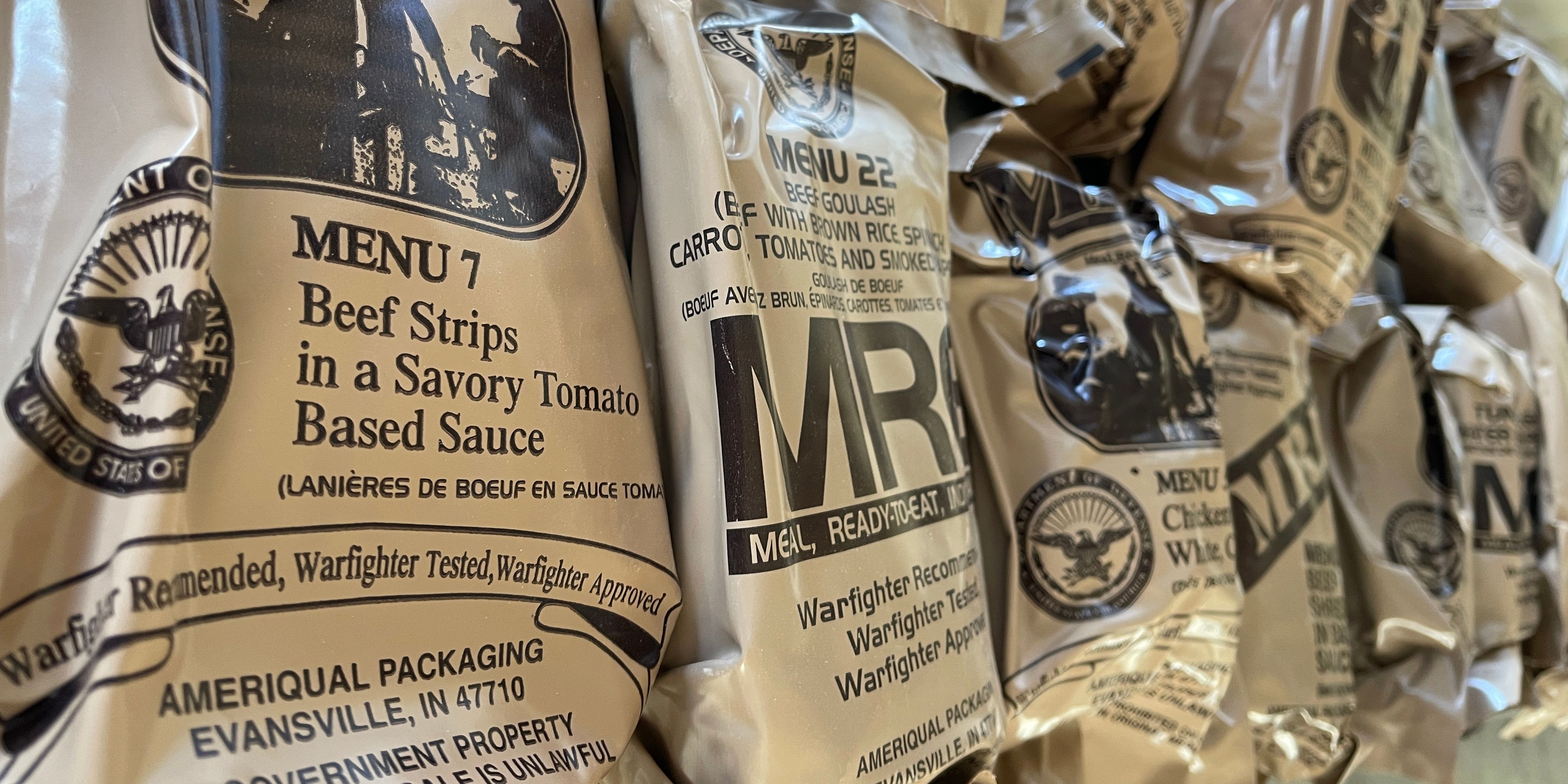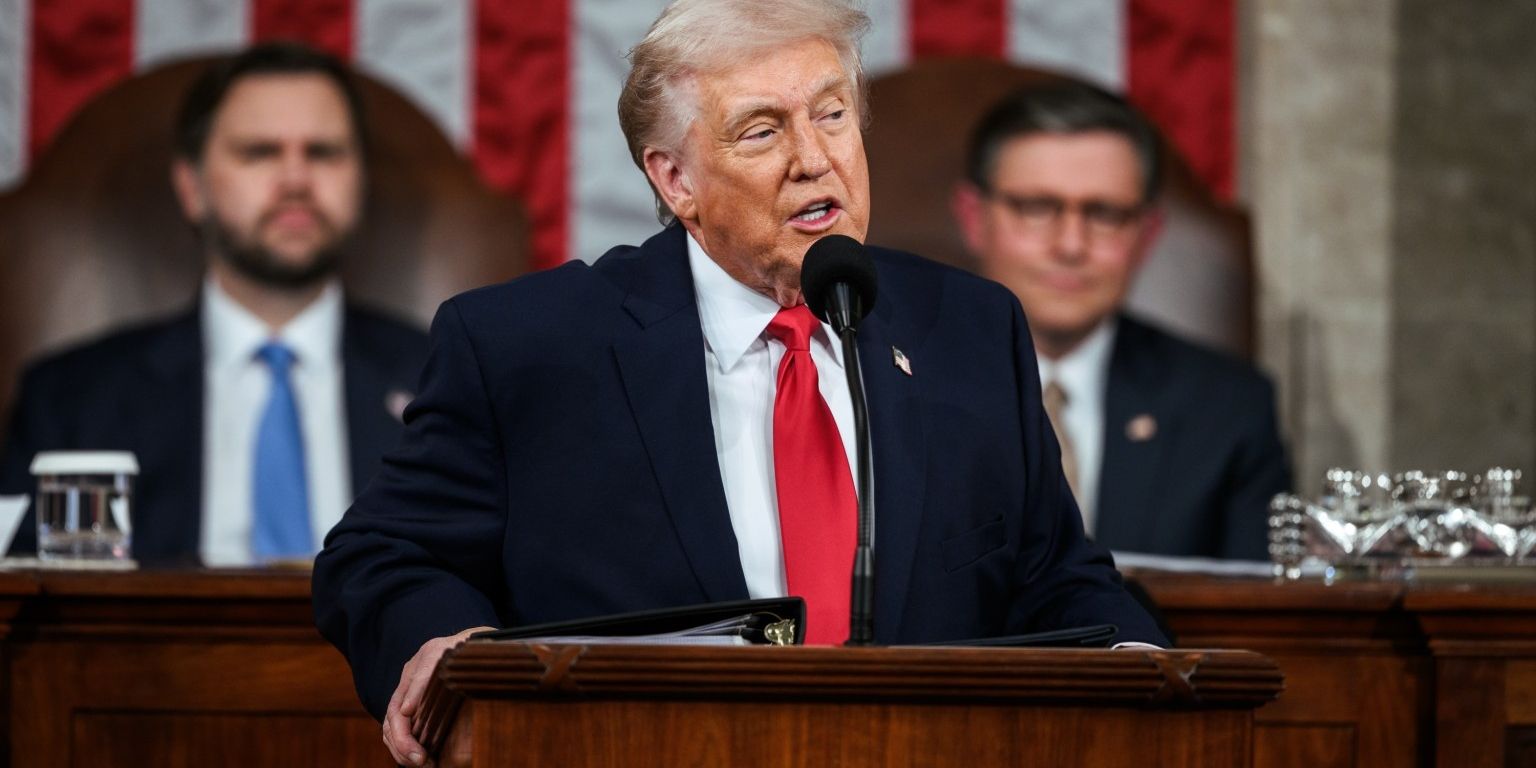DODEA SHUTDOWN HALTS SPORTS AND CLUBS FOR MILITARY KIDS
COMMENT
SHARE

ADVERTISEMENT
A federal shutdown happens when Congress fails to pass a budget or a continuing resolution for government funding. This halts government paychecks and also silences school stadiums, cancels club meetings, and closes auditoriums on military bases from Kentucky to Japan. As a result, the Department of Defense Education Activity (DoDEA) network suspends extracurricular activities—including sports, band practices, and student clubs—while maintaining open classrooms.
For families already resilient to uncertainty, the sudden collapse of familiar routines is gutting. Military kids anchor themselves to structure and community; now, both have vanished without warning.
Impact of DoDEA Shutdown on Military Families
Extracurriculars are not just extra activities. For military-connected students, they are lifelines: sources of comfort, safe spaces to build friendships, and anchors of resilience as they face the upheaval of each move.
Research from the National Center for Education Statistics reveals how extracurricular involvement can protect against academic and emotional setbacks. Longitudinal studies also show that consistent participation strengthens students’ social-emotional skills and adaptability—qualities absolutely vital for those who are forced to leave friends and routines behind repeatedly.
The loss of these activities strips students of connection and opportunity. For some seniors, the shutdown steals what matters most: one last homecoming, a shot at playoffs, or a final performance under the lights. These milestones are more than events—they’re memories that may never come back.
Nobody Prepared You for Military Life
But we can help. Join over 100k spouses already getting the advice, resources, and military tea they need to thrive.
DoDEA Policy: Schools Open, Extracurriculars Halted
DoDEA confirmed that while academics continue, extracurriculars are suspended until funding resumes.
“However, sporting events, sports practices, and all extracurricular activities are not considered excepted activities during a lapse in appropriations," said the DoDEA. "As a result, these activities, including those held outside of the school day, will remain paused for the duration of the shutdown.”
Federal rules classify these programs as non-excepted. This means they cannot operate when funding is paused. While schools remain open, after-school clubs, rehearsals, and team practices are now on hold.
U.S. (CONUS) Bases Currently Impacted
Several DoDEA schools in the continental U.S. have confirmed extracurricular suspensions.
- Fort Campbell High School (Kentucky/Tennessee): Football and other sports are paused. Games are postponed, and practices are canceled.
- Fort Knox High School (Kentucky): All extracurricular and athletic activities are on hold, reports AP News.
- Camp Lejeune High School moved its homecoming game early to avoid shutdown cancellations.
Overseas (OCONUS) DoDEA Schools Affected
The shutdown also affects students overseas: DoDEA-Pacific and DoDEA-Europe have suspended nearly all extracurricular activities.
ADVERTISEMENT
DoDEA-Pacific region
All high school sports and extracurricular programs, including practices and travel, are suspended. For example, E.J. King High’s volleyball team had to stop on its way to a tournament in Tokyo.
DoDEA-Europe region
Events like Ramstein Air Base’s golf championship are now in jeopardy. DoDEA-Europe spokeswoman Jessica Tackaberry confirmed that all extracurriculars are paused until funding is renewed.
Vicenza High School (Italy)
Vicenza High School is following DoDEA’s directive to suspend extracurriculars. The school will resume activities once funding is restored.
Vilseck High School posted a notice: After-school programs are paused.
ADVERTISEMENT
Zama Middle High School (Japan)
Zama Middle High School announced that sports and extracurricular activities are paused due to the funding lapse.
Other affected Pacific schools include: Osan, Yokota, Kadena, and Kubasaki. All fall under the same DoDEA-Pacific suspension.
Naval Station Rota: Extracurricular Cancellations
Families at DGF Rota Middle High School and DGF Rota Elementary are reeling from the DoDEA extracurricular suspension.
The impact is deeply felt both in their homes and on the fields. For many students stationed overseas, these programs are not just activities; they are lifelines, providing much-needed support far from home.
“The hardest part was watching the season end early.”
For Danna Stumberg, a Navy spouse in Rota, the shutdown’s impact hit hardest for her high-schooler, Harper.
“The shutdown hasn’t affected my two younger kids, thankfully. For my oldest, his high school golf season was cut short. He has missed out on that physical outlet in the afternoons.”
For Harper, golf was more than a sport; it was a place to relax, compete, and grow.
"The hardest thing for my family is that Harper’s final golf tournament of the season had to be canceled," Stumberg explained. "He was doing very well and looked forward to seeing how far he had come in the final round. Golf is already a short-season sport. Having the last week of the season abruptly canceled was very disappointing for both the team and Harper."
That disappointment echoes in every corner of base housing, as families struggle to hold onto normalcy while the joy and energy of school events fade into silence.
ADVERTISEMENT
“Sports and clubs are how they rebuild.”
Living overseas means frequent goodbyes and fresh starts. Stumberg said extracurriculars offer stability through all these changes.
"Sports and clubs are essential for military kids," she said. "Every few years, they have to pack up and leave—leaving not only friends, family, and community, but also their comfort and security. A team or club offers continuity, letting them pursue what they love, meet new people, and make friends."
Though official programs are paused, some in Rota are finding ways to keep kids involved.
"Thankfully, the Morale, Welfare, and Recreation sports leagues are still running. My youngest kids can continue playing soccer. However, the cutoff age for that program is 14, so the high schoolers are missing out.
Some golfers have met up on weekends to play together. Coaches have volunteered their time to unofficially help with certain skills. The PTSA has also stepped up; some planned events can still happen because they’re funded by donations and fundraisers instead of school or government budgets."
“Sports are basically all she has.”
Another military spouse stationed in Rota, Lindsay Rouzzo Puskas, shares a similar story. As a runner’s mom, she says her daughter found her stride in cross country after struggling socially.
"This is the first sport my daughter has felt confident in since we arrived," Puskas said. "She gets up at 5:30 every morning to run and works hard. She qualified for the championship in Germany, but with the shutdown, she might not get to compete."
The uncertainty bites deeply for a teenager who has finally discovered belonging, only to have it threatened.
Lindsay's younger child faces a separate challenge: there are limited opportunities available.
"My youngest, who’s 13 and in middle school, doesn’t have the same options. The MWR programs are either for younger kids or fill up fast. It’s hard to get a spot," she added. "It’s sad that there aren’t more options for them."
Even without official guidance, students in Rota are taking the initiative, which makes their parents proud.
“This morning, the kids went for a run together. It was great to see them maintain their routine and take initiative. It highlights the value and resilience of these programs, even when circumstances change.”
“It’s heartbreaking for the seniors.”
For Adrian Mamikonian, whose two teens attend DGF Rota, the shutdown hit at the worst time.
"All after-school activities were canceled. It has affected all our children, especially our two high schoolers," Mamikonian said.
“Their sports practices and games are canceled. That’s a huge part of their identity at this age. Our oldest is a senior, so she is especially affected. Her last homecoming game and dance are in danger of being canceled."
Every parent who has watched a military child sacrifice can feel the gut punch of this latest blow. The shutdown lands hardest on those who already bear so much.
“It’s just heartbreaking,” she said. “Do our kids not sacrifice enough? Now they suffer from decisions they have no control over?”
Living far from home, the shutdown intensifies the sense of isolation, turning an already distant place lonelier.
"It's essential," she said of extracurriculars. "Almost every student here joins a sport or another demanding after-school activity. That fosters a sense of community and builds confidence. Without positive activities, I worry about the choices these kids may make."
Numerous studies indicate that the absence of structured activities can lead to increased stress and risky behaviors among adolescents. When young people lack positive outlets and community support, they are more likely to seek alternative ways to cope with their emotions, which can sometimes lead to negative consequences.
The significance of extracurricular activities in providing stability and reducing risk cannot be overstated, making their suspension during the shutdown especially concerning for parents and educators alike.
From canceled golf tournaments to unplayed homecoming games, parents in Rota, Spain, describe the same ripple effect: kids losing milestones they’ve worked toward all year and adults powerless to help them get those moments back.
DoDEA Update: Partial Resumption of Activities
In a major development, families at Naval Station Rota received an official memo on October 7, 2025, confirming that extracurricular programs, including school clubs and sports, will resume on October 8, 2025.
The memo, signed by Elizabeth Fales, Superintendent of DoDEA Europe South, states that these programs "are now authorized for continuation" and are exempt from the cancellations and closures related to the ongoing government shutdown.
This means that students at DGF Rota Middle High School and DGF Rota Elementary can return to their teams, clubs, and after-school programs immediately. This brings relief to families and helps restore a sense of normal life for students on base.
For parents like Stumberg, Rouzzo Puskas, and Mamikonian, the update is a welcome turnaround and proof that advocacy, resilience, and community spirit can bring about change, even amid political gridlock.
Transforming Relief into Momentum
As we celebrate this local victory, it's crucial to turn this relief into action that can support other bases still experiencing school activity suspensions.
Here are some concrete steps readers can take to advocate for military children across all impacted locations:
1. Contact Local Officials: Reach out to your local DoDEA officials and express the importance of extracurricular activities.
2. Engage with Parent-Teacher Associations: Collaborate with PTAs to organize petitions or fundraisers supportive of after-school programs.
3. Utilize Social Media: Share stories and updates on platforms to raise awareness and pressure for broader change.
4. Reach out to Legislators: Communicate with state and federal representatives to advocate for the swift resolution of funding disputes affecting military communities.
By taking these actions, you can transform the energy from a single victory into a catalyst for wider advocacy efforts, making a difference for military families still waiting for their own programs to resume.
DoDEA Shutdown: Broader Impact on Military Community
This situation is similar to past shutdowns, when DoDEA called extracurricular activities nonessential. The results are the same for both U.S. and overseas schools: when funding stops, activities stop too. However, for military children, these programs are often essential to their well-being.
The suspension of DoDEA extracurricular activities highlights how quickly federal issues can impact families who already face significant uncertainty. In this shutdown alone, more than 70,000 military children have been affected by the halt in activities, adding a significant burden to families already navigating the challenges of military life.
Comparatively, during the last major shutdown in 2018-2019, approximately 60,000 students experienced similar disruptions. These numbers underscore the escalating nature of the issue, providing a clear metric for policymakers to consider in future budget deliberations.
If the shutdown ends soon, schools will try to make up for lost time. However, for many students, the games, events, and performances they missed are memories they can never recapture.
Restoration of DoDEA Extracurricular Programs
When the lights come back on in gyms and auditoriums, the cheers will hold a different meaning. It will not just be about winning or trophies. It will be about resilience. These students have learned to persevere through another uncertain time, even when games and music came to a halt.
For families stationed around the world, the DoDEA extracurricular suspension is more than just an inconvenience; it is a significant disruption. It is a reminder that their kids’ routines, and sometimes their happiness, depend on things they can't control.
When funding comes back, so will the games, concerts, and clubs. However, it will be more challenging to restore the trust and stability these students require. They deserve more than to be sidelined by government problems. We can all agree that children should not have to bear the consequences of these issues.
Until then, the fields stay quiet, the uniforms hang untouched, and the lights wait to flicker back to life, ready for the moment military kids everywhere finally get what’s left of their seasons back.
Suggested reads:
Join the Conversation
BY NATALIE OLIVERIO
Veteran & Senior Contributor, Military News at MilSpouses
Natalie Oliverio is a Navy Veteran, journalist, and entrepreneur whose reporting brings clarity, compassion, and credibility to stories that matter most to military families. With more than 100 published articles, she has become a trusted v...
- Navy Veteran
- 100+ published articles
- Veterati Mentor
ADVERTISEMENT
ADVERTISEMENT




